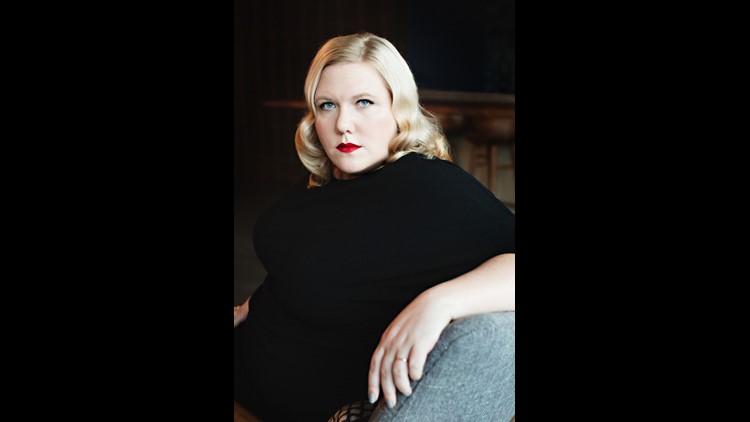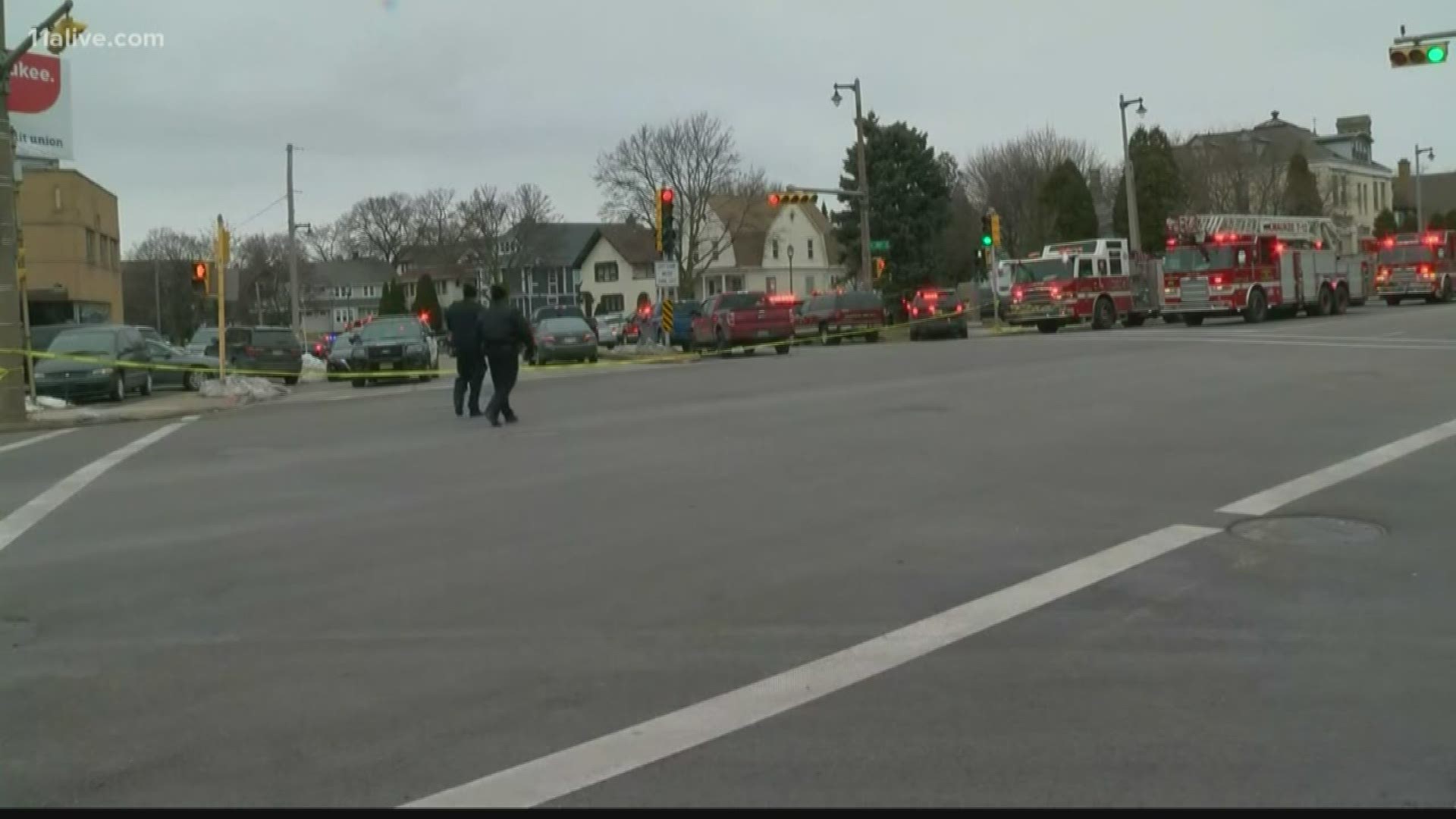![636028196322336423-LindyWest-Official-author-photo-Jenny-Jimenez.jpg [image : 86531492]](http://www.gannett-cdn.com/media/2016/06/29/USATODAY/USATODAY/636028196322336423-LindyWest-Official-author-photo-Jenny-Jimenez.jpg)
In a watershed moment for reproductive rights, the Supreme Court struck down Texas’s abortion restrictions on Monday, arguing that the provisions imposed an undue burden on women seeking abortions without serving any medical purpose.
The announcement was met with relief from abortion rights advocates as well as writer, author and performer Lindy West, who just last year— alongside friend Amelia Bonow — rallied women under the banner, #shoutyourabortion, a social media campaign aimed at de-stigmatizing a procedure that's still revealed in whispers four decades after the Supreme Court declared it legal.
Two days after the ruling, West talked to us about the issue. In a month that has been marked by "constant carnage and disappointment," she shared "to have that one piece of good news was really heartening."
"Abortion is still under attack all over the place, and there are millions of women who have limited or no access to abortion clinics," West continued, "but to have its (legality) affirmed by the Supreme Court just feels like a layer of credibility that we can’t achieve on an individual level."
That doesn't mean individual efforts should stop though. While advocates look to move the needle in the legal sphere, hoping to create ripples across the deep South, West says there are conversations we can have to steer humanity toward safer waters for women. "I mean, that’s what #shoutyourabortion was. It was a cultural conversation," West explained. "It was people who had abortions making themselves visible — those of us who have the privilege of being able to talk about this without potentially losing our jobs and our families and our stability."
West — who opens up about her abortion in her new memoir, Shrill: Notes from a Loud Woman, a rollicking and, at times, achingly honest read on owning your body and embracing your voice — says abortion is often reduced to a singular narrative:
"Only bad broken women get abortions. Abortion always involves invasive surgery. It's always traumatic. It's always dangerous."
"The breadth of abortion stories is so much bigger than what abortion opponents want you to know," West explained. "That’s why it’s important to have these conversations."
"My abortion was difficult and stressful but not because the procedure was stressful or because I had any qualms about (it)," she said. "No part of me considered not getting that abortion. I didn’t have any money. I didn’t have a good partner, and I was unhappy. Abortion intersects with all these other parts of our lives — with sex and religion and money — but none of that has any bearing on the fact that it’s still just a normal, medical procedure."
One which, West says, will continue with or without clinics' help.
"People are always going to get abortions. The question is are we going to allow people to make this decision safely and to then live their lives without shame and ostracism? That’s the choice we’re really making."
And we should take care to make the right one.



